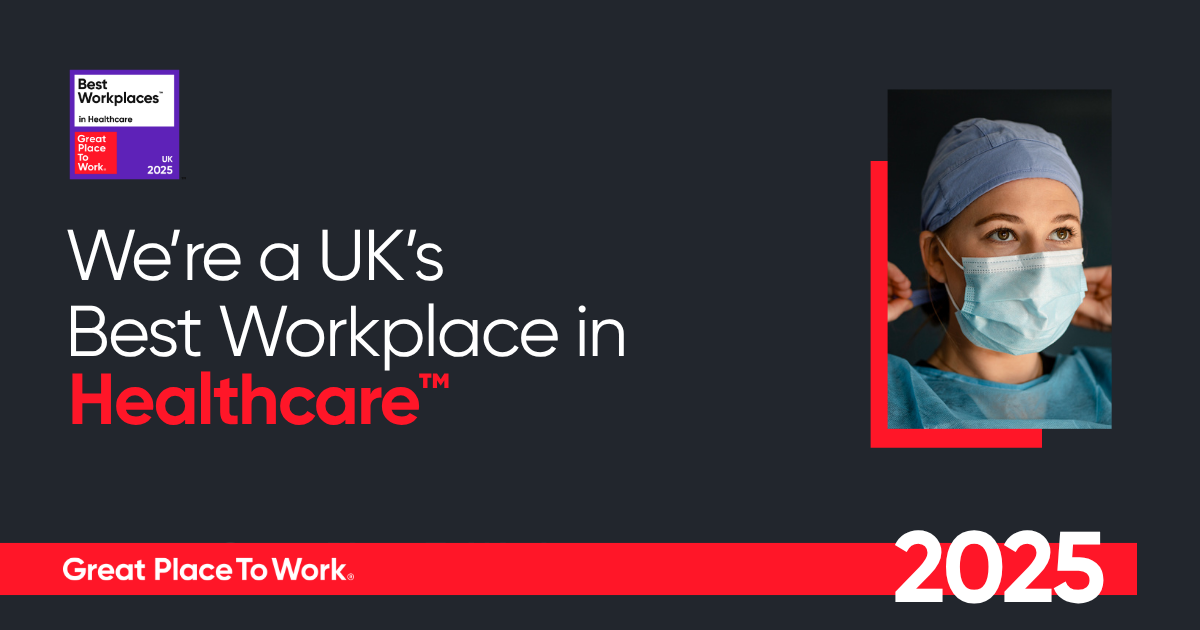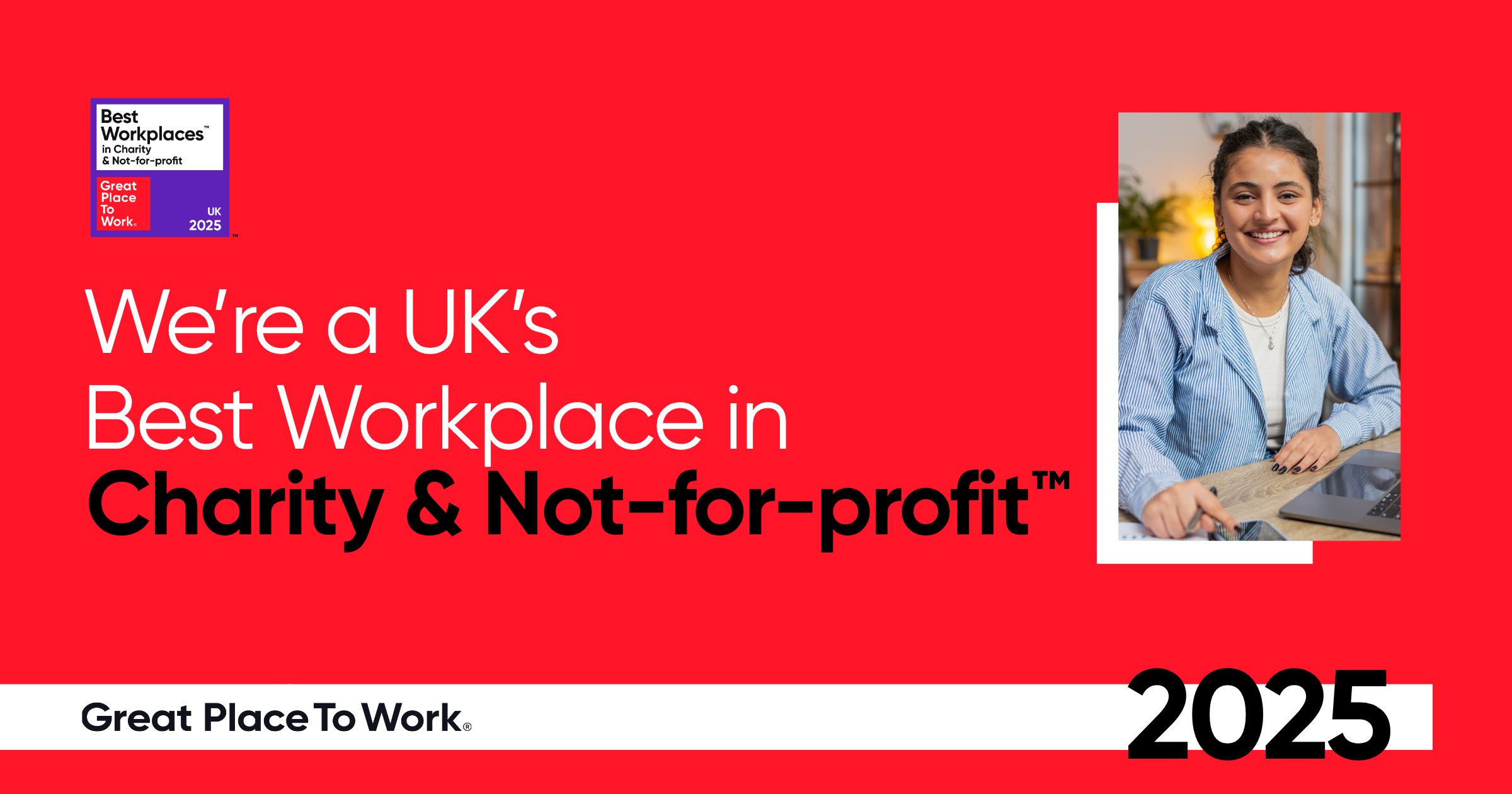Introduction
We are honoured to announce that Apax has been recognised as a Finalist for the prestigious Global Business Tech Awards 2025 in the Tech for Good category. This recognition celebrates our innovative "AI-Powered VR Wellness Programme for Mental Health in Supported Housing" and its transformative impact on the lives of vulnerable adults experiencing mental health challenges.
In a world where technology often advances at a pace that can leave vulnerable populations behind, this recognition affirms our commitment to harnessing digital innovation specifically for those who may benefit from it most. Being named alongside other remarkable organisations using technology to address critical social challenges reflects our dedication to creating meaningful change through thoughtful application of emerging technologies.
Understanding the Global Business Tech Awards
The Global Business Tech Awards celebrate excellence in business technology across multiple sectors and disciplines. These prestigious awards highlight organisations that demonstrate exceptional innovation, implementation, and impact through their technological solutions.
The Tech for Good Award specifically recognises technology initiatives that create positive social impact and address pressing societal challenges. Finalists in this category are evaluated based on:
- Innovation and creativity in applying technology to social issues
- Measurable positive impact on beneficiaries and communities
- Sustainability and scalability of the solution
- Ethical considerations and responsible implementation
- Potential for broader application or replication
Being named a finalist places Apax among a select group of organisations at the forefront of using technology for positive social change, including global leaders like Globe Telecom with their "Data and AI for Good program" and Octopus Energy's innovative "Octoplus Saving Sessions."

Technology as a Force for Good
Technology, when thoughtfully applied, has the power to transform lives and address complex social challenges. In the supported housing sector, technological innovation offers particularly promising opportunities to enhance wellbeing, promote independence, and improve outcomes for vulnerable adults.
The potential benefits of technology in supported housing include:
- Enhanced accessibility to therapeutic interventions
- Personalised support that adapts to individual needs
- Increased engagement through interactive and immersive experiences
- Improved data collection to measure outcomes and refine approaches
- Greater efficiency in service delivery, allowing staff to focus on meaningful human interaction
However, implementing technology in supported housing environments presents unique challenges, including ensuring accessibility, maintaining privacy and dignity, addressing the digital divide, and balancing technological solutions with human connection.
At Apax, our approach to technology is guided by our value of being "Customer Obsessed." We view technology not as an end in itself but as a tool to enhance the quality of support we provide and improve outcomes for the vulnerable adults we serve.
Our AI-Powered VR Wellness Programme
Our VR Wellness initiative represents a groundbreaking application of immersive technology for mental health support in supported housing environments. Recognising that all residents in our supported housing face at least one mental health challenge, we saw an opportunity to explore how virtual reality could provide innovative therapeutic interventions.
To bring this vision to life, we formed strategic partnerships with leading technology providers Tripp and Meta, alongside technology solutions expert Insight. These collaborations enabled us to develop a comprehensive programme that leverages the latest advances in both virtual reality and artificial intelligence.
The programme began with a carefully designed eight-week trial to assess the impact of VR technology on residents' mental wellbeing and overall quality of life. Participants were provided with:
- Access to specialised VR equipment
- Therapeutic content designed to reduce anxiety and promote relaxation
- AI-powered personalisation that adapted experiences to individual preferences and responses
- Support from staff trained to facilitate the technology and integrate it with existing support plans
This approach exemplifies our corporate value of "Harness Digitalisation," removing outdated processes and increasing operational efficiency to allow more time for quality support that makes a meaningful difference in residents' lives.
The Impact on Mental Health Recovery
The results of our VR Wellness initiative have been truly remarkable. The trial demonstrated success across several key metrics that directly impact residents' quality of life and progress toward independence:
- A notable proportion of residents successfully ceased smoking
- Participants reported significant improvements in thought patterns and mental outlook
- Enhanced sleep quality and reduced symptoms of anxiety
- Increased engagement in other support activities and community life
- Improved concentration and ability to manage stress
Perhaps most significantly, 40% of the residents who participated in the trial progressed to independent living arrangements—a testament to the programme's ability to support residents in achieving greater autonomy and self-sufficiency, which is a core objective of supported housing services.
One resident shared: "The VR sessions have completely changed how I manage my anxiety. Before, I would get overwhelmed and shut down. Now, I have techniques I can use anywhere, and I feel more confident about living on my own."
These outcomes align perfectly with our mission to transform supported housing services and enhance the lives of vulnerable adults through innovative approaches.

Innovation in Supported Housing
Being recognised as a finalist for the Global Business Tech Awards reflects our broader commitment to innovation in supported housing. We believe that technology, when thoughtfully integrated with compassionate human support, can dramatically improve outcomes for vulnerable adults.
Following the success of our initial trial, we have committed to expanding the VR Wellness programme across our supported housing services. This expansion includes:
- Implementing the programme on a wider, more permanent basis
- Training additional staff to facilitate VR sessions and integrate them with support plans
- Refining the AI algorithms to provide even more personalised experiences
- Exploring additional applications of VR technology for life skills development and community integration
- Developing evaluation frameworks to measure long-term impact and continuously improve the programme
This initiative represents just one aspect of our digital transformation journey. As a paperless organisation operating in an agile ecosystem, we continuously seek new ways to harness technology to enhance the support we provide and create better outcomes for the vulnerable adults we serve.
Final Thoughts
Being named a finalist for the Global Business Tech Awards' Tech for Good category is both an honour and an affirmation of our approach to innovation in supported housing. It recognises that technology, when applied with compassion and purpose, can create meaningful positive change in the lives of vulnerable adults.
As we continue to develop and refine our VR Wellness programme, we remain committed to our core values and our mission of striving for excellence to improve ourselves, transform services, enhance lives, and advance society. We believe that by embracing innovation while maintaining our focus on the individual needs and aspirations of our residents, we can create a future where supported housing truly empowers vulnerable adults to achieve independence and wellbeing.
We extend our sincere gratitude to our technology partners, our dedicated team, and most importantly, our residents, whose courage and willingness to embrace new approaches make innovations like our VR Wellness programme possible. Together, we are demonstrating that technology for good is not just an aspiration but a achievable reality with transformative potential for those who need it most.




